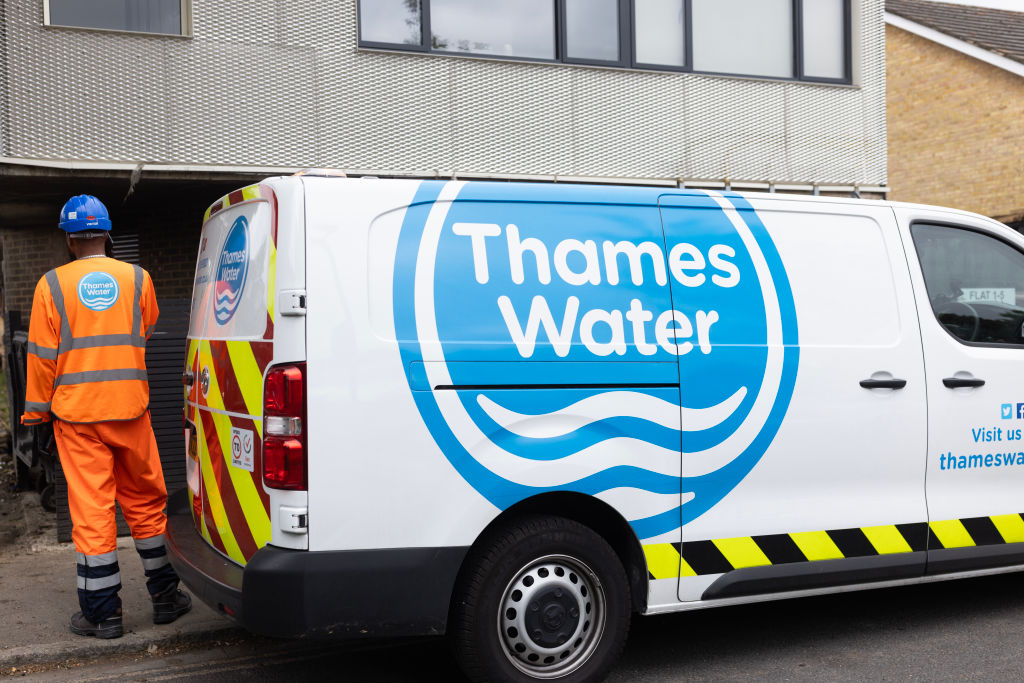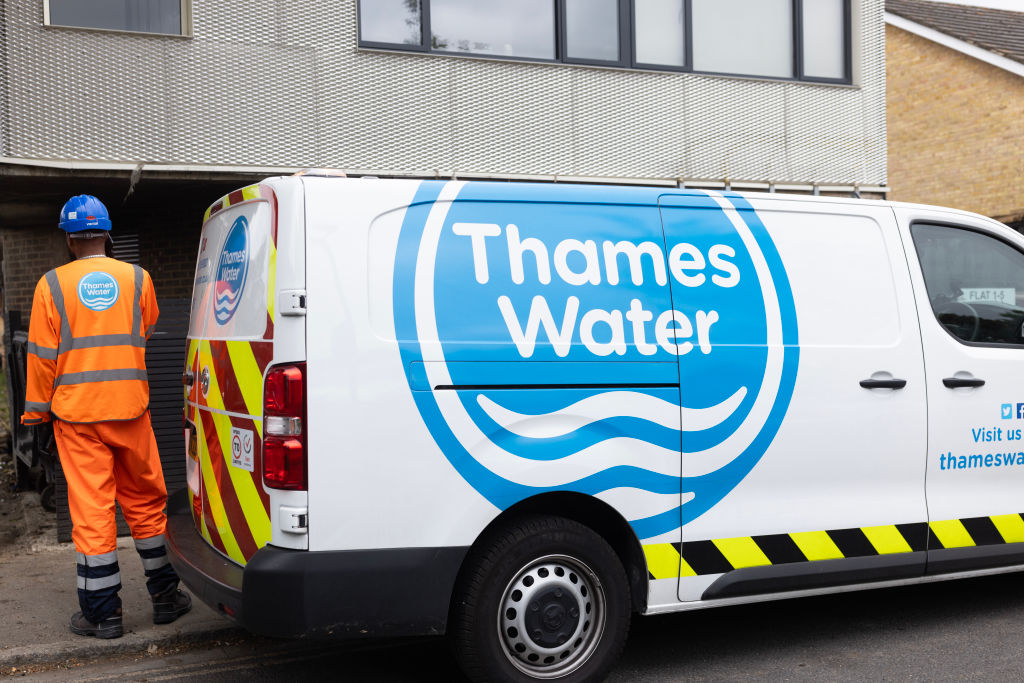Thames Water explores radical restructuring plans in fight for survival
Embattled Thames Water is reportedly exploring radical plans to avoid collapse as the company and its lenders pay City advisors millions of pounds a week to work out a turnaround plan and find a way to repay its massive debts.


Embattled Thames Water is reportedly exploring radical plans to avoid collapse as the company and its lenders pay City advisors millions of pounds a week to work out a turnaround plan and find a way to repay its massive debts.
As part of urgent restructuring talks, the firm’s executives are considering breaking Thames up into two smaller companies covering London and, separately, the Thames Valley and Home Counties regions, according to The Telegraph.
It is reportedly thought that dividing up Thames would make it easier to sell its operations to a rival once the company has been stabilised, with the option most likely to be pursued if the firm were temporarily nationalised.
Octopus Energy previously acquired rival Bulb Energy’s 1.5m customers in 2022 after the latter firm spent more than a year in the government’s special administration scheme.
Thames, which is Britain’s largest water company, is facing potential collapse under a debt pile worth at least £18.3bn that has become increasingly difficult to service amid higher interest rates.
It was thrown into crisis last month after after shareholders refused to stump up £500m of emergency funding, arguing Thames was “uninvestable” after regulator Ofwat rejected its bid to hike customer bills by 40 per cent.
Thames was dealt another blow on Friday after its parent company Kemble defaulted on a £400m loan.
Professor Dieter Helm, who advised the government on water policy between 2012 and 2020, has raised concerns that Thames is too big, adding on Friday: “The special administrator should seize the opportunity to consider splitting the business up between London and the rest of the catchment, and also splitting water from sewage.”
If a carve-out of the business occurs, Thames may face challenges in attracting interested buyers. The Telegraph reported that Liv Garfield, the chief executive of Severn Trent, dismissed a potential takeover when asked by Conservative backbenchers last month.
Kemble is expected to miss its repayment deadline for a £190m loan at the end of this month to a consortium of four banks, including two state-owned Chinese lenders.
The crisis has triggered a political headache for Rishi Sunak’s government ahead of a general election as it faces the prospect of having to spend billions of taxpayers’ money to temporarily nationalise the company, which has 16m customers, to prevent it from collapsing.
Thames has said it has £2.4bn of liquidity available and can still meet its commitments until at least May 2025. However, high borrowing costs and fines from Ofwat risk significantly shrinking this cash pile.
Kemble, Thames and its lenders have hired advisors including Rothschild, EY and Alvarez & Marsal to help navigate the crisis.
Thames declined to comment when approached by City A.M.



